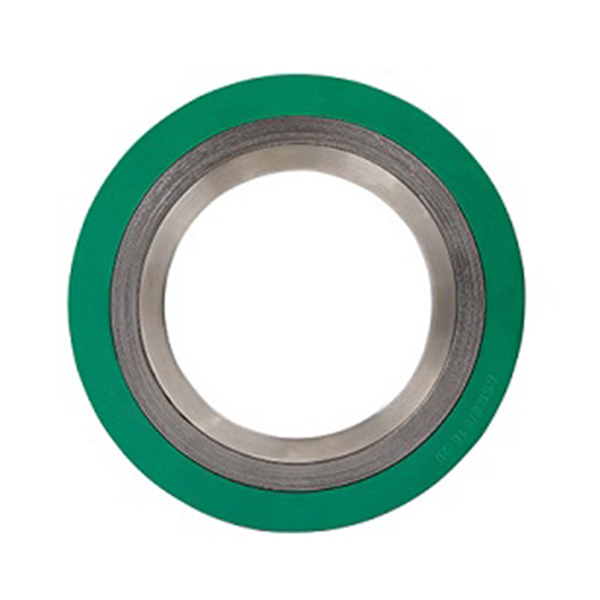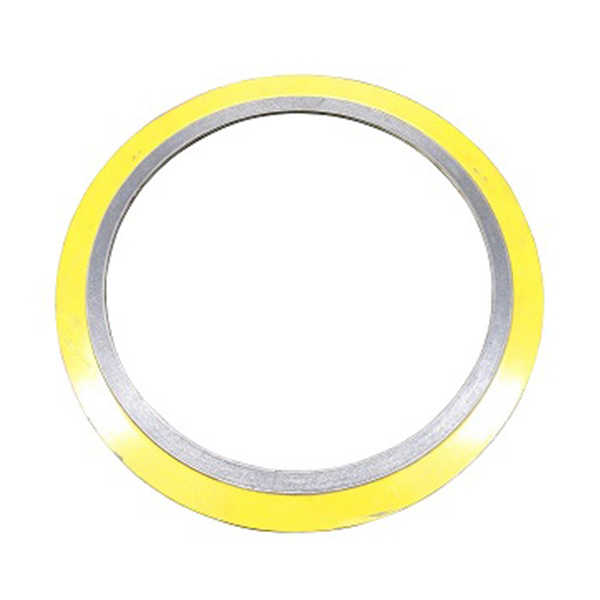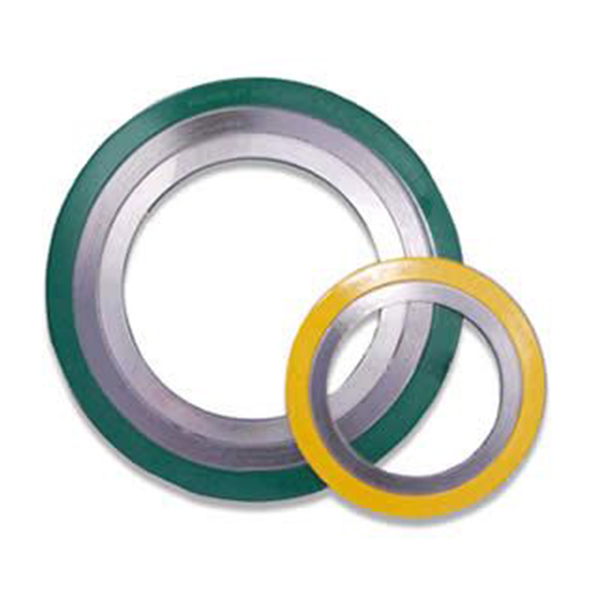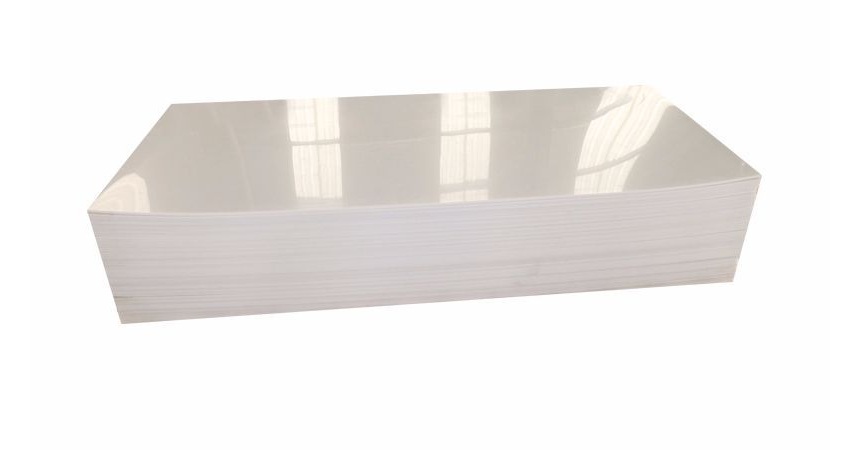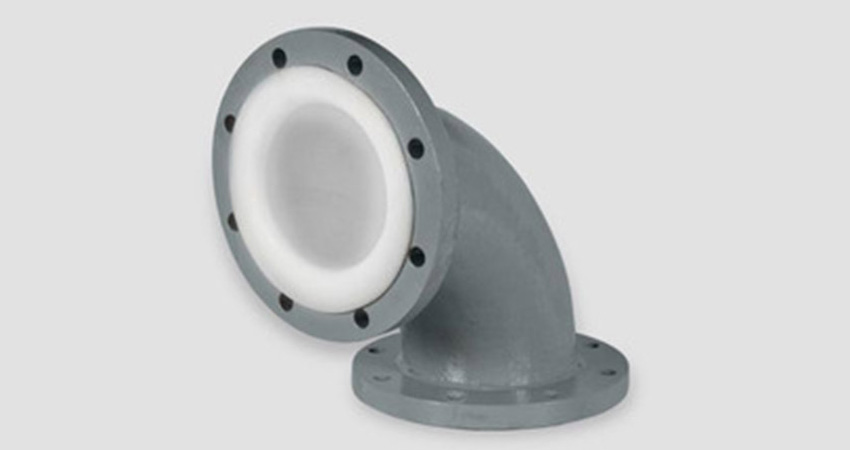Machines For Spiral Wound Gaskets
What Are Machines For Spiral Wound Gaskets?
Machines for spiral wound gaskets are specialized industrial equipment designed to manufacture spiral wound gaskets, which are critical sealing components used in high-pressure and high-temperature applications across various industries, including oil and gas, chemical processing, power generation, and petrochemicals. These machines automate the process of winding metallic strips and filler material into a precise spiral form, ensuring consistent quality, durability, and performance in sealing solutions. By utilizing advanced technology, machines for spiral wound gaskets enhance production efficiency, reduce human error, and meet stringent international standards such as ASME, API, and ISO. They are essential for producing gaskets that prevent leaks in flanged joints, thereby improving safety and operational reliability in industrial settings.
Key Product Parameters of Machines For Spiral Wound Gaskets
Understanding the technical specifications of machines for spiral wound gaskets is crucial for selecting the right equipment for your manufacturing needs. Below is a detailed breakdown of common parameters presented in lists and tables for clarity and professionalism.
General Specifications
- Machine Type: Automated or semi-automatic models with CNC (Computer Numerical Control) capabilities.
- Production Capacity: Ranging from 50 to 500 gaskets per hour, depending on model and gasket size.
- Power Requirements: Typically 380V to 480V AC, 50/60 Hz, with power consumption between 5 kW and 20 kW.
- Dimensions: Varies by model; common sizes include 2000 mm x 1500 mm x 1800 mm (L x W x H).
- Weight: Approximately 1000 kg to 3000 kg, ensuring stability during operation.
- Control System: PLC (Programmable Logic Controller) with touchscreen interface for easy operation and monitoring.
- Material Compatibility: Supports metals like stainless steel, carbon steel, and exotic alloys, as well as fillers such as graphite, PTFE, and ceramic.
- Winding Speed: Adjustable from 10 to 100 RPM (revolutions per minute), allowing precision in gasket formation.
- Accuracy: Tolerance levels within ±0.1 mm for inner and outer diameters, ensuring high-quality seals.
- Safety Features: Includes emergency stop buttons, guards, and compliance with CE or OSHA standards.
Detailed Parameter Table
| Parameter | Standard Range | Units | Notes |
|---|---|---|---|
| Max Gasket OD | 100 - 2000 | mm | Outer diameter capability for produced gaskets. |
| Min Gasket ID | 20 - 100 | mm | Inner diameter minimum, adjustable based on design. |
| Strip Width Range | 2 - 10 | mm | Metallic strip width for winding. |
| Filler Thickness | 0.5 - 3 | mm | Thickness of non-metallic filler material. |
| Operating Temperature | 5 - 40 | °C | Ambient temperature range for optimal performance. |
| Noise Level | < 75 | dB | Measured at 1 meter distance during operation. |
| Winding Tension | 10 - 100 | N | Adjustable tension control for consistent winding. |
| Automation Level | High (Full CNC) | - | Includes automatic material feeding and cutting. |
| Maintenance Interval | 500 - 1000 | hours | Recommended service time for lubrication and checks. |
| Warranty Period | 1 - 2 | years | Coverage for parts and labor, extendable options available. |
Applications and Benefits
Machines for spiral wound gaskets are utilized in diverse industrial sectors to produce seals that withstand extreme conditions. Key applications include:
- Oil and Gas Industry: For pipeline flanges, valves, and reactors where high pressure and corrosive environments are common.
- Chemical Processing: In equipment like heat exchangers and reactors, ensuring leak-free operations with chemical resistance.
- Power Plants: For turbines, boilers, and other components requiring reliable sealing at elevated temperatures.
- Petrochemical Refineries: In distillation columns and pressure vessels to maintain safety and efficiency.
Benefits of using these machines include:
- Enhanced Productivity: Automation reduces manual labor and increases output rates.
- Consistent Quality: Precise control over winding parameters results in uniform gaskets with minimal defects.
- Cost Efficiency: Lower material waste and reduced downtime due to reliable performance.
- Customization: Ability to produce gaskets in various sizes and materials to meet specific customer requirements.
- Compliance: Adherence to international standards, ensuring products are suitable for global markets.
FAQ: Common Questions About Machines For Spiral Wound Gaskets
What is the typical lead time for delivery of a machine?
Delivery lead times vary based on model and customization, but standard machines are usually shipped within 4-8 weeks after order confirmation. Customized or high-capacity models may take 10-12 weeks due to additional manufacturing and testing processes.
How do I maintain a machine for spiral wound gaskets to ensure longevity?
Regular maintenance includes lubricating moving parts every 500 hours of operation, checking and replacing worn components like bearings and belts, and calibrating the control system annually. Always follow the manufacturer's manual and schedule professional inspections to prevent unexpected downtime.
Can these machines handle different types of filler materials?
Yes, most machines are designed to accommodate various filler materials such as graphite, PTFE, mica, and ceramic. Adjustments to tension and feeding mechanisms may be required, and it's recommended to consult the machine manual or supplier for specific material compatibility.
What training is provided for operating the machine?
Suppliers typically offer comprehensive training sessions, including on-site installation, operation tutorials, and troubleshooting guidance. This often covers PLC programming, safety protocols, and basic maintenance, ensuring operators can run the machine efficiently and safely.
Are spare parts readily available for these machines?
Reputable manufacturers ensure that spare parts are available through global distribution networks. Common parts like motors, sensors, and cutting tools can be sourced quickly, while custom components might have longer lead times; it's advisable to maintain an inventory of critical spares.
How energy-efficient are these machines?
Modern machines for spiral wound gaskets are designed with energy efficiency in mind, featuring variable frequency drives (VFDs) and sleep modes to reduce power consumption. Energy usage depends on the model, but averages between 5 kW to 20 kW during operation, making them cost-effective for continuous production.
Can the machine produce gaskets for high-temperature applications?
Absolutely. These machines are capable of winding materials rated for high temperatures, such as stainless steel with graphite fillers, which can withstand up to 1000°C. The machine's settings can be adjusted to ensure proper winding tension and alignment for optimal performance in extreme conditions.
What safety features are included?
Standard safety features include emergency stop buttons, protective guards, interlock systems, and overload protection. Machines often comply with international safety standards like CE or OSHA, and operators should always use personal protective equipment (PPE) during operation.
Is technical support available after purchase?
Yes, most suppliers provide ongoing technical support via phone, email, or remote access. This includes assistance with software updates, troubleshooting, and part replacements. Some companies offer service contracts for regular maintenance and priority support.
How does the machine ensure accuracy in gasket dimensions?
Precision is achieved through CNC controls, servo motors, and high-resolution encoders that monitor winding speed and tension. Regular calibration and quality checks during production help maintain dimensional accuracy within ±0.1 mm, ensuring compliance with specifications.
- View as

Automatic Spiral Wound Gasket Winding Machine

Slitting Machine for SS Hoop

Metal Ring Bender

Ring Bending Machine

Polishing Machine For SWG Ring



